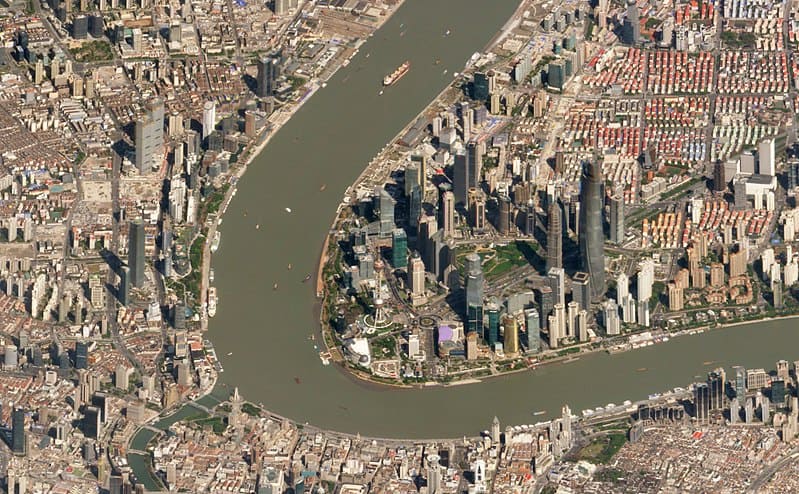China’s interbank wealth management balance has seen its second consecutive year of decline amidst Beijing’s financial deleveraging campaign.
A report released by the Banking Wealth Management Registration Entrustment and Administration Centre (银行业理财登记托管中心) and the China Banking Association indicates that the interbank wealth management product balance stood at 1.22 trillion yuan as of the end of 2018, for a decline of approximately 80% compared to a peak of 5.99 trillion yuan in 2016.
The report further indicates that as of the end of 2018 the Chinese banking sector’s wealth management product balance was 32.1 trillion yuan, of which non-guaranteed principal wealth management products accounted for approximately 22 trillion yuan.
“The decline in the scope and share of interbank wealth management is the result of regulation,” said Zeng Gang (曾刚), vice-chair of the National Institution for Finance & Development, in an interview with Bloomberg.
According to Zeng interbank wealth management is a representative form of “empty transfer” within the Chinese financial system, while efforts by regulators to prevention such transfers lies at the core of deleveraging efforts.
Zeng said that ongoing declines in the interbank wealth management balance were inevitable amidst heightened regulation, and says that a revival in “empty transfers” would be unlikely.
Wen Bin (温彬) said that the ongoing contraction in the interbank wealth management balance and share has been a consistent trend since the launch of China’s financial deleveraging campaign, and this year will continue to see further pressure overall.




